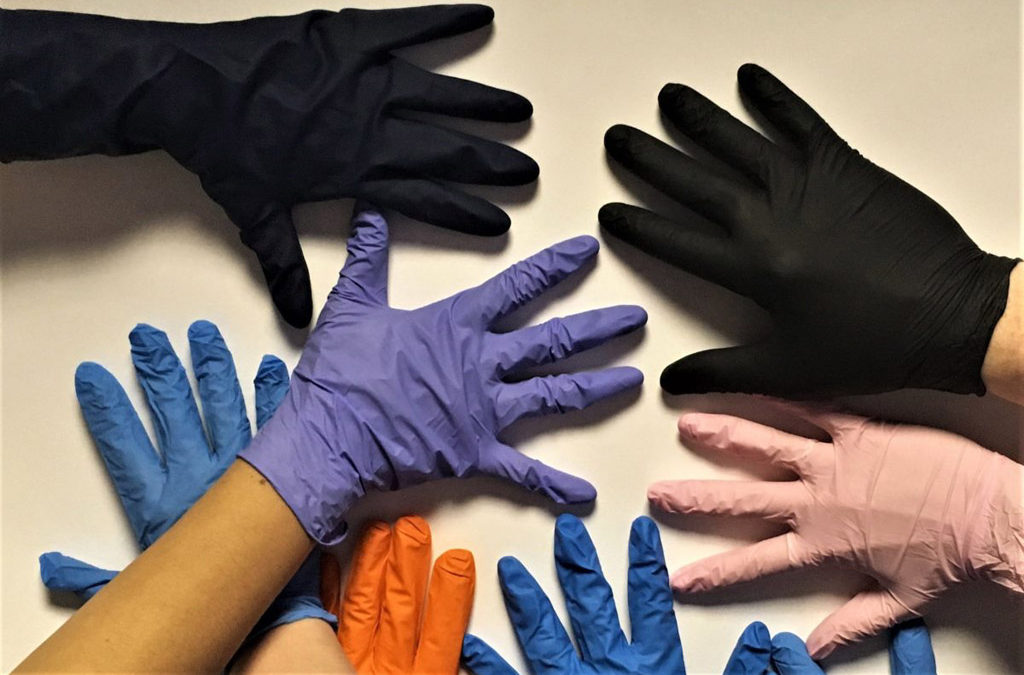There are few things more distinctive than a pair of Dr. Martens. From just a glance they can be identified. Going all the way back to their humble beginnings, it’s a look that hasn’t changed much in almost sixty years. In fact, you can still buy the original model 1460 to this very day. Other than Converse’s Chuck Taylor model sneaker, Dr. Martens are perhaps the most iconic footwear the world has ever known.
The telltale shape of the uppers enshrined with bright yellow stitching around the sole didn’t happen initially. Healing after breaking his foot in 1945, Dr. Klaus Martens created the first air- cushioned sole to relieve his own pain when walking. He later showed them to a friend and the two soon went into business manufacturing the shoes. While Dr. Martens popularity really took off among punk rockers and skin heads, the first pairs were designed and sold primarily to older women.
The air-cushioned soles soon caught the attention of one of England’s oldest shoemakers. It was at that time they purchased a license to use the air sole technology. Adding their own unique touches like the rounded toe and yellow stitching, what we now call Dr. Martens were born in 1960. They quickly became the shoe of choice for the working man in England until fate once again altered the future of Dr. Martens.
Pete Townshend of the Who is credited with propelling Dr. Martens into popular culture by wearing the iconic boots while performing. As the Who’s popularity soared, so did Dr. Martens as they represented the working man and youth rebellion of the sixties. Soon the boots made a migration to the U.S. where they also became a symbol of rebellion and unrest. When the Grunge scene emerged on the west coast, what else would they be wearing other than Dr. Martins?
While the look of the eight-holed 1460 model will always be associated with Dr. Martens, something strange happened along the way. People took it upon themselves to customize their Dr. Martens. The normally drab boots were now being seen in bright colors or covered in whatever form of artistic expression their owners had chosen. Dr. Martens took note and realized there was a whole other market for their boots.
Forty years after they shot to fame, the popularity of Dr. Martens began to decline. Production was cut significantly and it looked like the one time shoe of choice for the disgruntled youth would be no more. Again with help from the music world and civil unrest around the globe, in the early 2000’s Dr. Martens enjoyed another wave of popularity. Factories were reopened and Dr. Martens seized on the opportunity to diversify their product to ensure they would remain at the forefront of popular culture long into the future.
If you see someone wearing a pair of 1460’s, you can bet they have at least five more pairs in various stages of evolution. They are literally indestructible and actually get better with age. With a little cleaning and maybe a new set of laces from time to time, a pair of Dr. Martens can easily last for years. While their popularity will undoubtedly continue to rise and fall with the times, their place in western culture is eternal.














